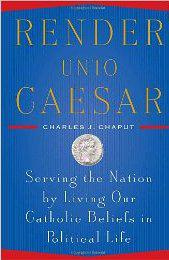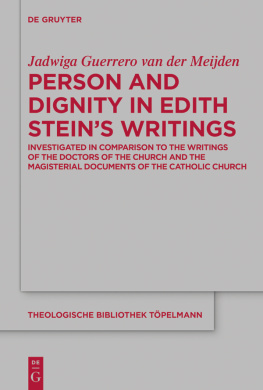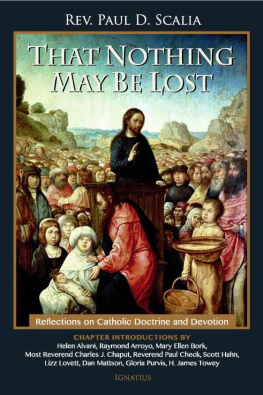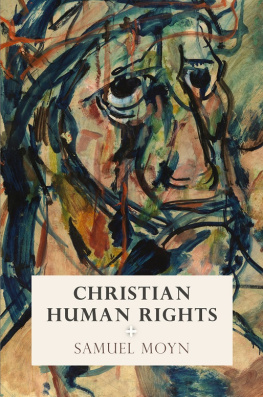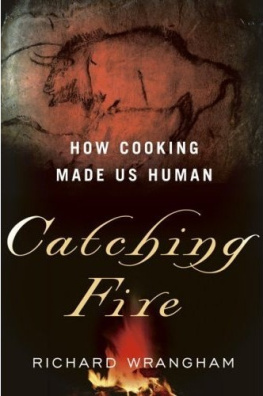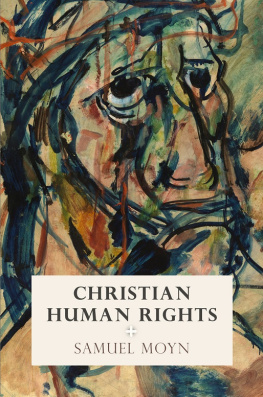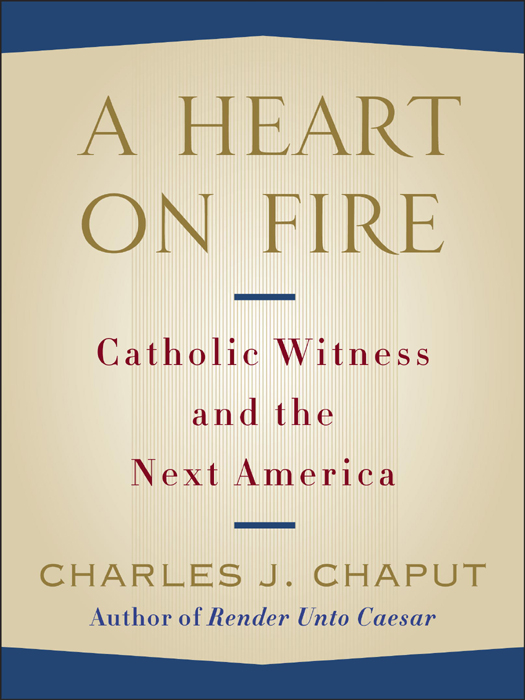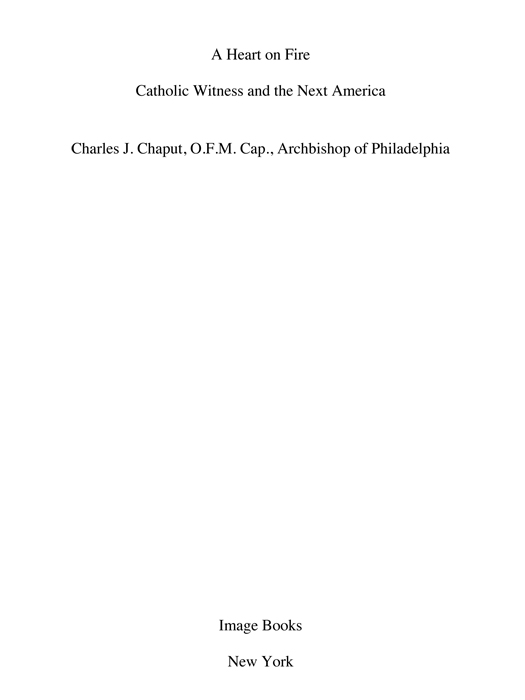Copyright 2012 by Charles J. Chaput, O.F.M. Cap.
Excerpt from Render Unto Caesar copyright 2008 by Charles J. Chaput, O.F.M. Cap.
All rights reserved.
Published in the United States by Image, an imprint of the Crown Publishing Group, a division of Random House, Inc., New York.
www.crownpublishing.com
IMAGE is a registered trademark, and the I colophon is a trademark of Random House, Inc.
Cover design by Laura Duffy
eISBN: 978-0-7704-3764-0
v3.1
Truth is like a threshing-machine;
tender sensibilities must keep out of the way.
Herman Melville
Contents
IN ARGUING THEIR CASE FOR PRESS FREEDOM, modern media usually focus on the need for immunity from outside censorship and control. Few Americans would disagree. Freedom of religion and freedom of the press are two key pillars of our countrys identity. But more than sixty years ago, the writer George Orwell saw something curious emerging in the character of modern journalisman erosion of free thought and expression unique to democratic societies.
Orwell writes:
At any given moment, there is an orthodoxy, a body of ideas, which it is assumed that all right-thinking people will accept without question. It is not exactly forbidden to say this, that, or the other, but it is not done to say it [And] anyone who challenges the prevailing orthodoxy finds himself silenced with surprising effectiveness. A genuinely unfashionable opinion is almost never given a fair hearing, whether in the popular press or in the highbrow periodicals.
Orwells words capture the way many people today feel about our nations news and entertainment media. In practice, a new body of ideas seems to shape the limits of acceptable thought in American public life. This new orthodoxy influences the selection of news and how it gets presented. It informs which opinions are appropriate and which wont be heard. And it is rigorously intolerant. At its core, it involves a set of assumptions about the purpose of government, and the meaning of marriage, family, and sexuality, that differs sharply from past American habits of thought.
Nowhere is this new orthodoxy more obvious than in our news medias treatment of religion. Historically, religious faith has played a large and positive role in shaping American public life. But todays news coverage of religion is often marked by poor reporting skills, ignorance of the subject matter, and an undercurrent of distaste for religious believers and their convictions.
We need to remember that journalism is a knowledge profession and an important one. American democracy depends on informed, intelligent citizens. But like any other profession, the work of journalists doesnt easily translate into self-knowledge or self-criticism. Journalism, from the New York Times down to the smallest local newspaper, has its own unstated orthodoxies, its own vanities, prejudices, and targets of disdain.
When these flaws go unacknowledged and uncorrectedas they often do, especially in coverage of religions influence on culture and politicsthey undermine our public life because they cripple the honest presentation of facts.
The truth, as scripture reminds us, will make us free. But the truth of a situation and what we find today in our news media are often very different things. In seeking truth as citizens, we need to hold our news media to the same skeptical, demanding standards they apply to everyone else. We forget that at our perilespecially in an election year.
A FRIEND ONCE SAIDI THINK SHREWDLYthat if people want to understand the United States, they need to read two documents. Neither one is the Declaration of Independence. Neither one is the Constitution. In fact, neither one has anything obviously to do with politics. The first document is John Bunyans The Pilgrims Progress. The second is Nathaniel Hawthornes The Celestial Railroad.
Bunyans book is one of historys great religious allegories. Its also deeply Christian. It embodies the Puritan hunger for God that drove Americas first colonists and shaped the roots of our country.
Hawthornes short story is a very different piece. Its one of the great satires of American literature. A descendant of Puritans himself, Hawthorne takes Bunyans allegorymans difficult journey toward heavenand retells it through the lens of American hypocrisy: our appetite for comfort, easy answers, quick fixes, material success, and phony religious piety.
Bunyan and Hawthorne lived on different continents two hundred years apart. But the two men did share one thing. Both of them, the believer and the skeptic, lived in a world profoundly shaped by Christian thought, belief, and language, the same moral space that incubated the United States. Taken together, they capture the deep split in Americas personalitya nation where faith and cynicism, self-denial and self-indulgence, cohabit the same public square.
In Render Unto Caesar, published in 2008, I talked about the importance of Catholics witnessing their faith vigorously in public lifenot simply as a matter of good citizenship, but also as an obligation of the Gospel. That duty is even more urgent today as the mistakes and ambiguities of the past half-century of American Catholic experience come to harvest. Our national leadership in 2012 seems deaf to matters of religious freedom abroad and unreceptiveor frankly hostileto religious engagement in public affairs here at home.
This marks a break with most of American history. And were likely to see more of the same in the years ahead. The irony is that, despite our own stated ideals, religious freedom will be one of the key issues facing Christians in the coming decadenot just globally but right here at home.
Pope Benedict XVI, among many others, has voiced his concern over the worldwide spread of persecution, discrimination, terrible acts of violence and religious intolerance. And even in developed democracies, religious freedom is increasingly under pressure.
Principles that Americans find self-evidentthe dignity of the human person, the sanctity of conscience, the separation of political and sacred authority, the distinction between secular and religious law, the idea of a civil society preexisting and distinct from the stateare not widely shared elsewhere. In fact, as Leszek Kolakowski once said, the natural rights enshrined in the Declaration of Independence, rights that seemed so self-evident to the American founders, would appear [today as] either patently false or meaningless and superstitious to most of the great men that keep shaping our political imagination.
Our own country is not immune to this trend. Nothing guarantees that Americas experiment in religious freedom, as we traditionally know it, will survive here in the United States, let alone serve as a model for other countries in the future. The Constitution is a great achievement in ordered liberty. But its just another elegant scrap of paper unless people keep it alive with their convictions and lived witness.
In government, the media, academia, in the business community and in the wider culture, many of our leaders no longer seem to regard religious faith as a healthy force. We can see this in the current administrations tepid response to violations of religious liberty across the globe. We can see it in the inadequacy and disinterest of many of our news media in reporting on religious-freedom issues. And we can see it in the indifference of too many ordinary American citizens.


